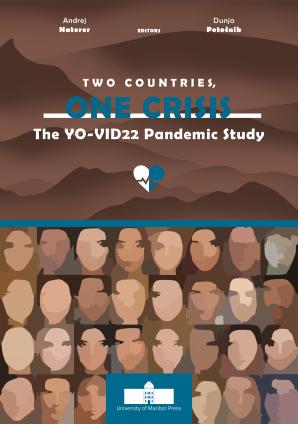10. Slovenian and Croatian Youth and Their Civic and Political Participation
Synopsis
This chapter investigates civic and political participation among youth in Croatia and Slovenia, with a focus on trends before and after the COVID-19 pandemic. Using survey and qualitative data, it reveals persistently low levels of institutional political engagement, particularly in Croatia, where trust in political institutions remains among the lowest in the EU. Slovenian youth demonstrate slightly higher but still modest levels of electoral participation, with generational disillusionment evident in both contexts. At the same time, non-institutional forms of engagement, such as protests, online activism, and issue-based mobilisation, have grown, especially around environmental, social justice, and corruption-related concerns. The pandemic accelerated the use of digital tools for political expression, though digital activism rarely translated into sustained offline participation. Structural barriers, including precarious employment and weak civic education, further limit youth engagement, while many express feelings of political inefficacy and marginalisation. Policy implications call for stronger investment in civic education, mechanisms for youth-inclusive decision-making, and platforms that bridge online and offline participation to revitalise democratic trust and empower young citizens.
Downloads
Pages
Published
Categories
License

This work is licensed under a Creative Commons Attribution-ShareAlike 4.0 International License.






